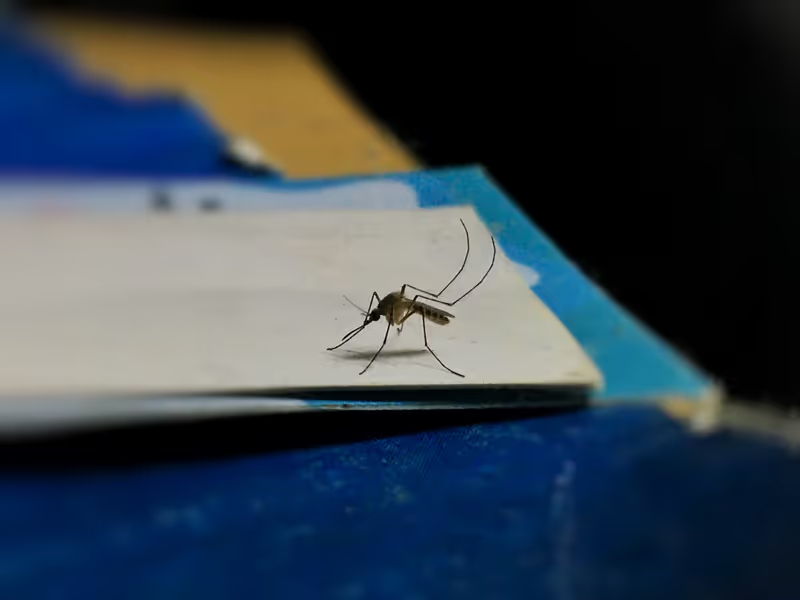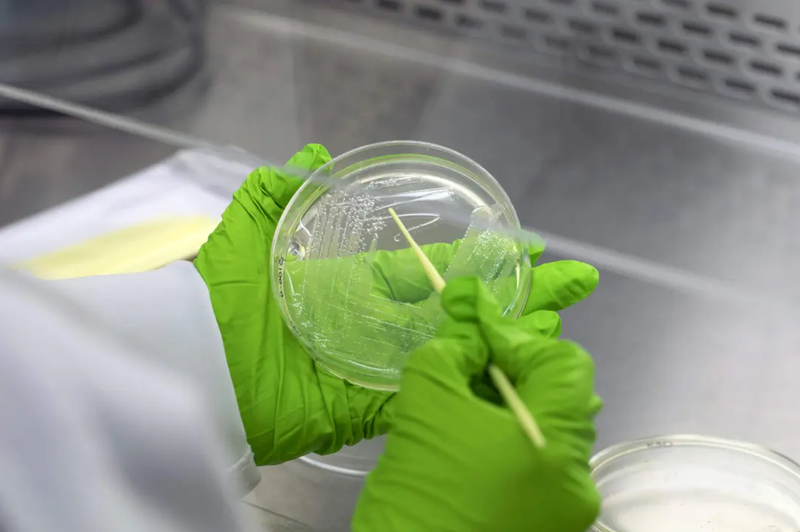Study: Global Fertility Drop Linked to Common Pesticides
A review of 25 studies spanning nearly 50 years has linked exposure to two widely used classes of insecticides — organophosphates and N-methyl carbamates — to lower sperm concentration in adult men worldwide....

Facts
- A review of 25 studies spanning nearly 50 years has linked exposure to two widely used classes of insecticides — organophosphates and N-methyl carbamates — to lower sperm concentration in adult men worldwide.1
- The study, published in the journal Environmental Health Perspectives on Wednesday, has found that men who worked in industries like construction and agriculture had significantly lower sperm concentration than their counterparts employed in other sectors.1
- While organophosphates — the main components of nerve gas and herbicides — are extensively used in agriculture and lawn upkeep, N-methyl carbamates control pests in fruit and vegetable crops.2
- Though the researchers aren't sure how these pesticides are affecting sperm concentrations, 'given the body of evidence,' they suggest more research be conducted to ensure their exposure to men concerned about their fertility is reduced.3
- Co-researcher Lauren Ellis has said it's crucial to approach the issue from a public health perspective, given the insecticides' 'ubiquity in the environment and documented reproductive hazards.'4
- The study comes after a recent study found that men between the ages of 18 and 22 who use mobile phones more than 20 times a day had a 30% higher risk of having a low sperm concentration and a 21% higher risk for a low overall sperm count.5
Sources: 1CNN, 2Express Healthcare Management, 3NBC, 4HealthDay and 5The Times of India.
Narratives
- Narrative A, as provided by The Conversation. Scientists have obtained solid evidence of widespread declining sperm counts for decades — first, a 1992 study found overall sperm count dropping 50% over the previous 60 years, and then a 2019 study found that moving sperm declined 10% over the previous 16 years. These numbers should concern everyone and prompt both voters and their governments to take a stand against the use of chemicals that cause infertility.
- Narrative B, as provided by Scientific American. While some studies, though certainly not all, have shown that sperm count is dropping, none have been able to conclusively demonstrate a deterioration of sperm quality. It's also important to recognize that many factors could be contributing to declining sperm concentrations, including whether they're immobilized before they're counted. Alongside pesticides, obesity rates, and rising temperatures may also be playing a role. This issue needs more analysis before the world begins to fixate on a single cause and, therefore, solution.






